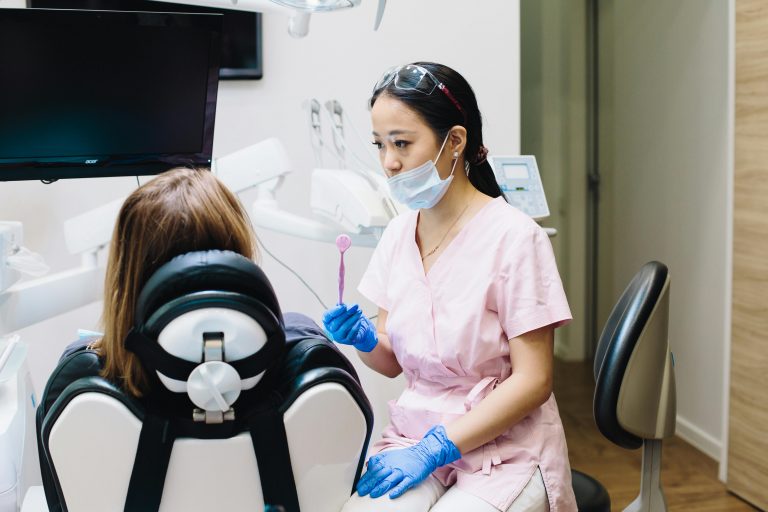

In the complex world of female health, there is a lot of misunderstood information when it comes to gynecological care. This is all too apparent with ovarian cysts, as most cysts don’t always cause symptoms. And since they can only be detected and examined by a gynecologist in most cases, it can be confusing for the patient if they are experiencing symptoms without any explanation.
So, to keep patients as informed as possible, here is everything to know about ovarian cysts.
Ovarian Cysts Symptoms
All ovarian cysts are treated differently, but common symptoms include:
- Pelvic pain such as a dull or sharp, stabbing ache in the lower abdomen.
- Heavy PMS symptoms, such as a heavy flow during your menstrual cycle.
- Fullness or heaviness in your abdomen.
- Bloating that doesn’t go away.
- Painful bowel movements.
- Painful intercourse.
- Breast tenderness.
- Nausea and vomiting for seemingly no reason.
- Pain in your back or lower thighs.
The different types of cysts
Every ovary is made of cyst-like structures known as follicles. These follicles are what produces the reproductive hormones and release an egg during ovulation. While it can be normal to notice some swelling and growth of these follicles, there are some cysts that aren’t a part of your normal menstrual cycle. This includes:
- Dermoid cysts: These form from embryonic cells, and are rarely cancerous.
- Endometriomas: These develop when uterine endometrial cells grow outside your uterus. The tissue then attaches to your ovary and can grow so big it can cause the ovary to move out of position.
- Cystadenomas: These are formed on the surface of the ovary. Like endometriomas, they can grow so big that your ovary can twist within itself.
When to contact a gynecologist
Not all ovarian cysts are cancerous, but it is important to proceed with caution, as you never know when or if they are going to burst. It is important to visit a women’s health center if you are experiencing any of the symptoms we listed above to get treatment right away. Plus, if it does end up being cancerous, early monitoring is key. Considering that the number of people to survive a cancer diagnosis is expected to rise to almost 19 million by 2024, it’s crucial to visit a medical professional the minute you experience potential symptoms. Additionally, if you are suffering from sudden and severe pain, visit an urgent care center right away.
Gynecological care is incredibly important. Never hesitate to visit a doctor if anything seems off or unusual.


